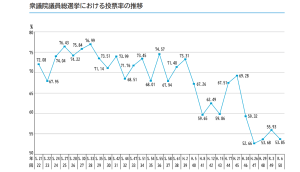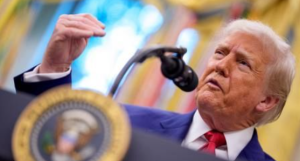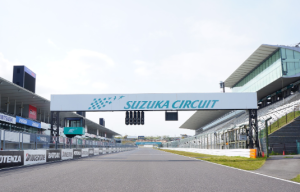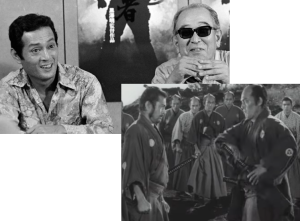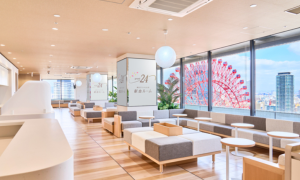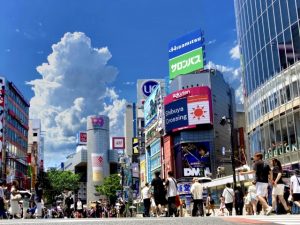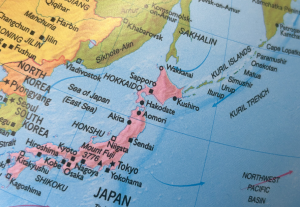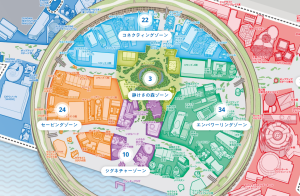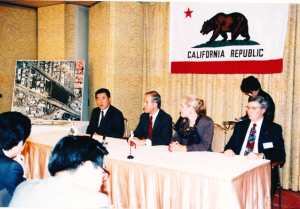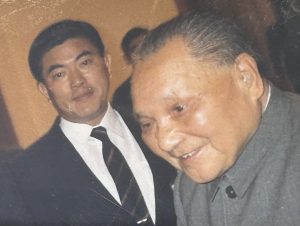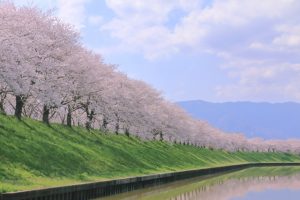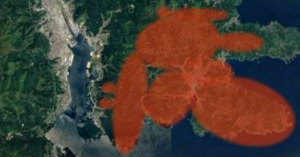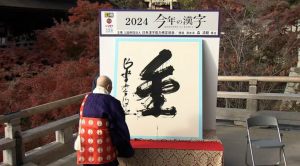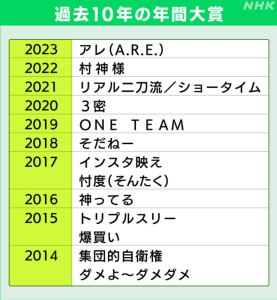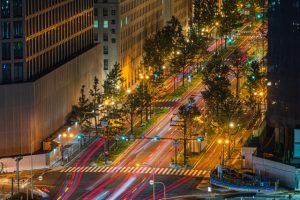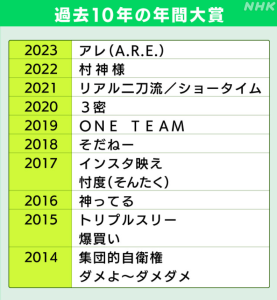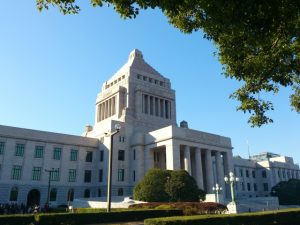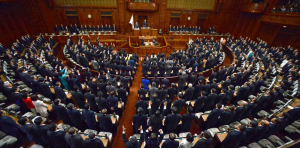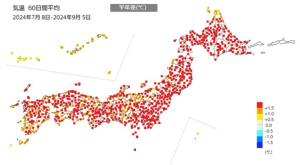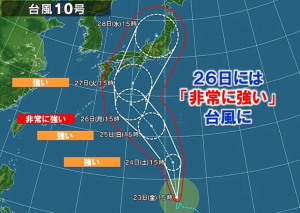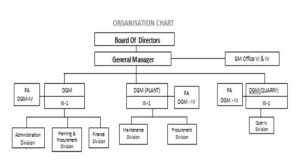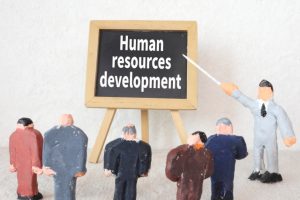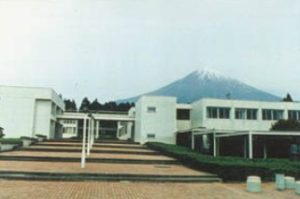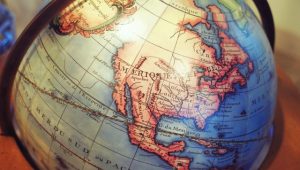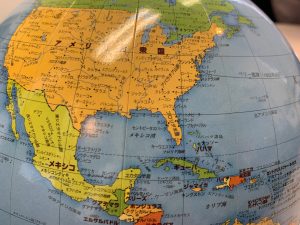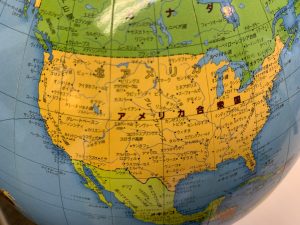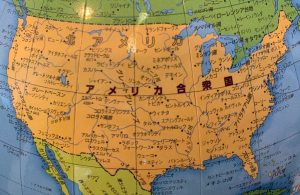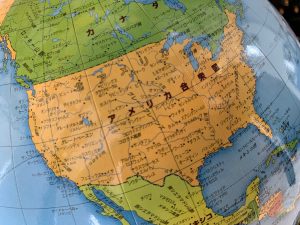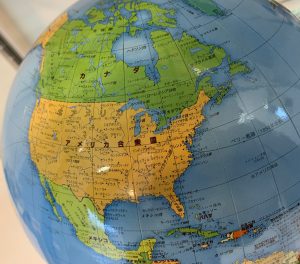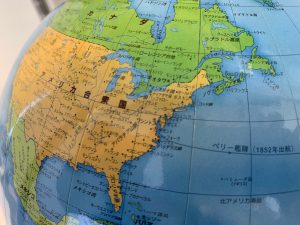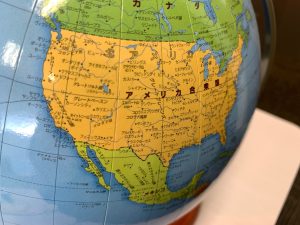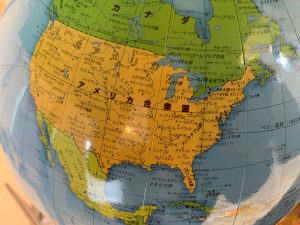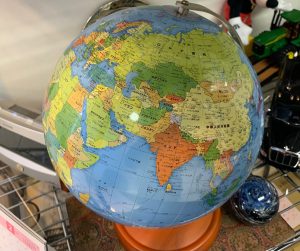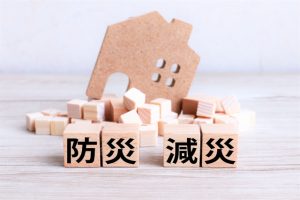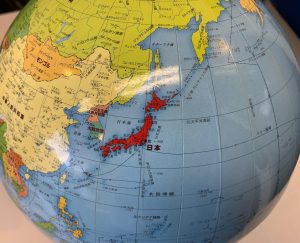Re: A news item and subject which I just want to check out (111) October 27, 2023
The Rugby World Cup 2023 in France that started in the middle of the night on September 8 in Japan time will have a final between New Zealand and South Africa early in the morning on October 29 in Japan time. Japan was defeated by Argentina on October 8 and unfortunately did not make it to the best 8. After Japan was defeated, I was one of them, but the tournament was almost out of my mind. But when I watched the matches in fragments, my impression is that the walls of the world are indeed stick.
On the other hand, in Japan, Hanshin Tigers and ORIX Buffaloes that won climax series at Central League and Pacific League will fight at Japan series. It seems Kansai is going to be exciting, because of showdown between Kansai teams for the first time in 59 years. The first and second match will be held at Kyocera Dome.
If I watch both, I am going to run out of sleep.
■■What I think about political and economic situation in Japan:
An extraordinary session of the Diet was convened on October 20. The Prime Minister’s policy speech that should have been done on the same day was held on October 23, due to results of scheduling between the ruling and opposition parties over the effect of by-elections of the Upper House and Lower House in Kochi and Nagasaki on October 22. In Mr. Kishida’s speech, he repeatedly called “economy, economy and economy”, and declared “return increased tax revenue to citizens”. And he instructed the leaders of the Liberal Democratic Party and Komeito to consider specific measures including income tax cuts. But the flow of the events has been in a state of confusion over tax cuts and benefits. And it is a repetition of small responses such as continuing subsidy of gasoline and electricity bill, which is set to expire at the end of the year, until next spring. And various policies have been worked out, but the funding for the key points such as main defense spending and child-rearing remains undisclosed. I am worried about being all right.
Under such circumstances, IMF recently published forecasts that nominal dollar-based GDP of Japan this year will be 4.2308 trillion dollars, about 633 trillion yen, decreased by 0.2 % compared to the previous year and will slide down to fourth place, behind Germany where the population is about two-thirds of Japan. The forecast of GDP in Germany is 4.4298 trillion dollars. Japan was overtaken by China in 2010, and the difference has now increased to more than four times. And there is a prediction that India will overtake Japan by 2027. And Japanese yen is a 50-year low, and Japan is being bought by foreign countries. Japan is no longer an economy powerhouse.
Why did Japan become such a pathetic country? Looking back, there have been 53 national elections, 27 Lower House elections and 26 Upper House elections since the end of the war. Every time, it was a postponement of election-rated issues and a repetition of populism like subsidy and support fund. Even today, special support for “annual income barrier”, subsidy protection measures for rice farming, act on special measures on taxation and so on. And strict dismissal conditions under labor laws is also hindering the development of skilled labor and inter-industry mobility.
As a result, the potential growth rate of Japan has been unable to escape from the low growth, less than 1 %, and real wages have not been increasing, even though Japan has the highest fiscal deficit among advanced countries. In other words, the massive fiscal spending did not lead to “the strengthening of the foundation of the national power”, “industrial structural reform”, “digitalization” and “developing human resources that match the times”.
Japan has continued policies that gave priority to productivity growth centered on the heavy and chemistry industry for the reconstruction of the country since the defeat of the previous war. And under 55 years of post-war system, a strong relationship has been built between the ruling party and industry groups, in a sense “relying on each other”. And the bureaucrats came in and it can be said that triangle of politicians, business leaders and bureaucrats has moved Japanese politics and economy. And the industrial structure where small and medium-sized enterprises as subcontractors of large companies account for 99 % has been completed. This brought about high growth and development in Japan for 50 years after the war, but now, it is pointed out that Japan is less productive than other advanced countries.
And moving production bases overseas by the manufacturing industry has led to hollowing out of domestic industry because of the rise of emerging countries including China and economic and industrial globalization. Furthermore, due to decreasing birthrate and aging population, the domestic market has shrunk and the regions are exhausted. On the other hand, it can be said that Japan did not keep up with the changing times or industrial transformation for adopting IT, becoming more and more high-tech, and softening, because Japan had emphasis on “manufacturing” and “building roads, harbors and so on” and neglected to invest in “human resource development”.
I first visited China, Guangzhou City in Guangdong Province in October 1976 except when I was born. It was about 50 years ago. At that time, China was right after the end of “the dark age” called “the cultural revolution” from 1966 to 1976 when former President Mao Zedong’s faction aimed to regain power. I think that at that time China was extreme poor rather than poor and similar to the condition of Japan right after the end of the war. It is well known that China has gradually built up its strength due to daring reform and open-door policy by President Deng Xiaoping who is called “a restorer of a dynasty”, and now, 50 years later, it has grown to become the second largest economy and military in the world. I can’t entirely say that it is right, because China and Japan have different political system and conditions of a country. And I understand that politicians always have no choice but to be conscious of election. But even Japan should be able to return to a country full of vitality again from a country like an old man suffering from arteriosclerosis, by showing leadership. I wish we aim to create a country where young people can draw a bright future image. To do that, Japan requires surgery to squeeze out the pus, not internal medical therapy. And politicians should explain a long-term vision to the public like “a long-range plan for the nation” back to the origins, and think about “human resource development” and “nation-building” in preparation for it.


